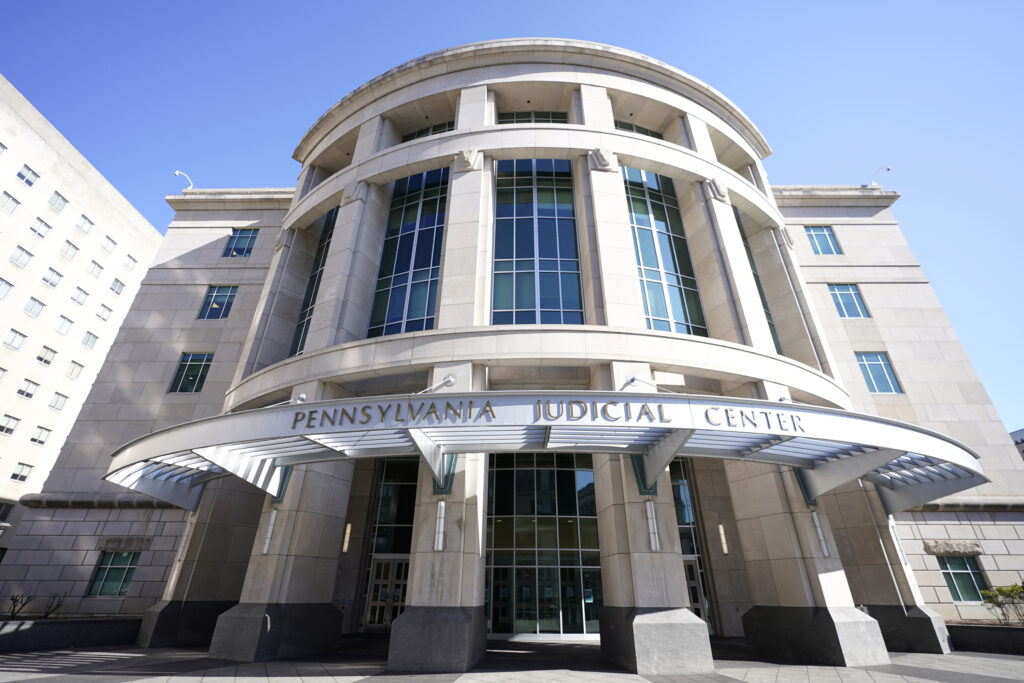Pennsylvania Commonwealth Court Rejects GOP Lawsuit Challenging Absentee Ballot Rules

The Pennsylvania Commonwealth Court last Friday rejected a lawsuit from two Republican legislators seeking to upend state laws governing where voters must return their completed absentee ballots to be tallied.
The majority ruling, authored by Judge Renée Cohn Jubelirer, preserves state laws that require voters to return their completed absentee ballots to their respective county board of elections office for canvassing. In practice, the decision also allows counties that currently offer drop boxes, drop off sites or satellite election offices to continue accepting absentee ballots at these authorized locations.
But the GOP petitioners who brought the case — state House Reps. Kathy L. Rapp and David Zimmerman — alleged that under the state constitution, absentee voters must return their ballots to be counted at their local precinct or polling location instead of their county boards of elections.
Both Rapp and Zimmerman are avowed election deniers who sought to withdraw certification of the commonwealth’s 2020 presidential election results alongside a cohort of 24 other Pennsylvania House Republicans.
In rejecting the merits of the GOP challenge on Friday, the Commonwealth Court concluded that “the current procedure whereby absentee ballots are delivered and canvassed at the county level but the votes therein are then applied to the districts where the absentee voters reside,” passes constitutional muster and aligns with past state Supreme Court precedent.
Pennsylvania Secretary of the Commonwealth Al Schmidt (R) wrote in a court filing that Rapp and Zimmerman were asking for a “sea change” in Pennsylvania elections that, if accepted, would create “obvious security and custody concerns with no concomitant benefit” both before and after Election Day.
“For the first time, more than 9,000 polling places, most of which are in public buildings, would have to receive and store absentee ballots in the weeks ahead of Election Day,” Schmidt emphasized.
Schmidt and numerous Pennsylvania counties that were defendants to the lawsuit raised logistical concerns about the prospect of forcing temporary polling places — which are usually situated in schools and other public buildings — to securely receive, store and count absentee ballots.
The defendants also underscored how Rapp and Zimmerman’s requested change would create a bifurcated and chaotic voting system, wherein absentee ballots would have to be returned to polling places, but mail-in ballots would be received at county boards.
With the bipartisan enactment of no-excuse mail-in voting in 2019, the Pennsylvania Legislature created consistent procedures for absentee and mail-in ballots, but the two distinct categories nevertheless remain in place.
Rapp and Zimmerman previously brought an unsuccessful challenge to the no-excuse mail-in voting law, Act 77, which Rapp herself voted for.
Mail-in and absentee voting continues to be a hotly contested issue in the battleground of Pennsylvania in the lead up to the November general election. Democracy Docket is currently tracking seven active lawsuits pertaining to mail-in voting in the commonwealth.